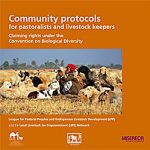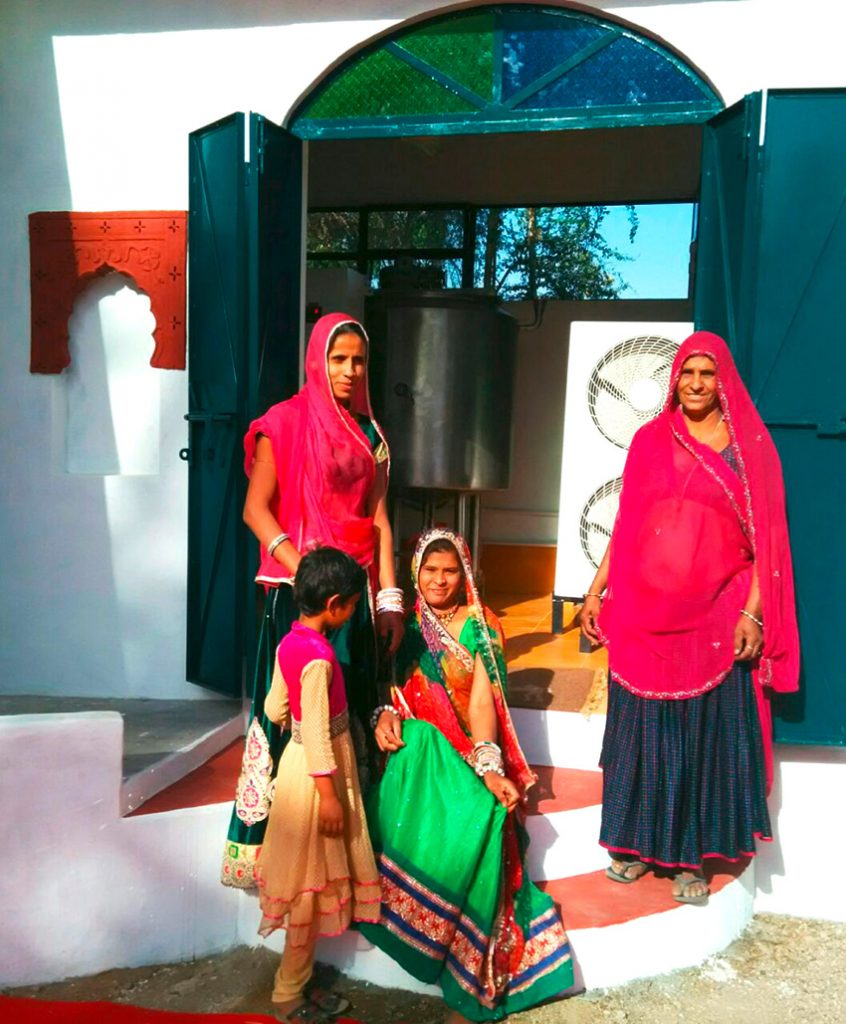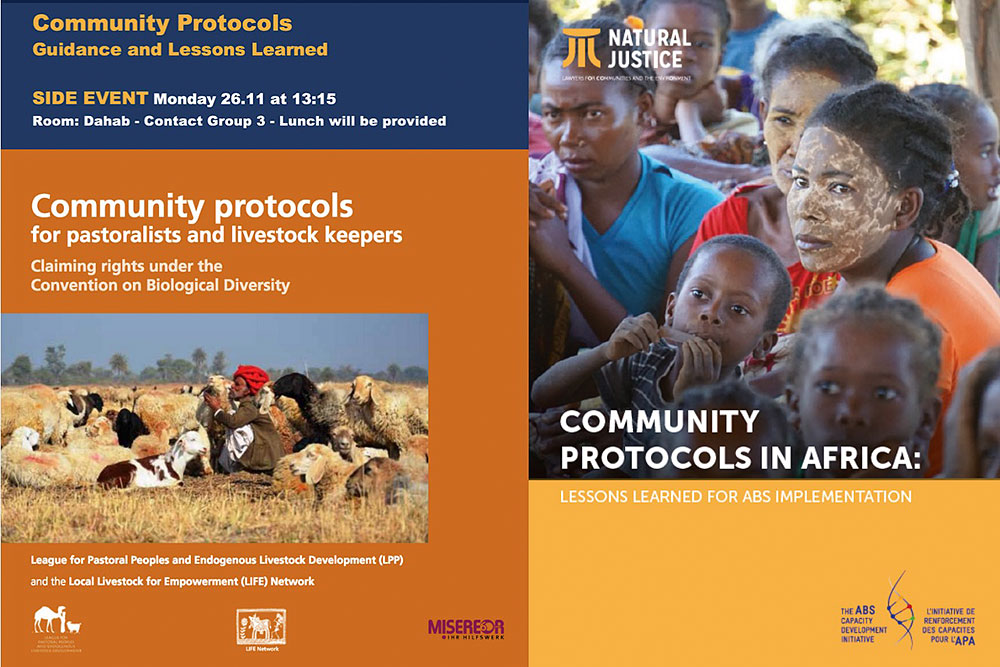Camel Milk Project
LPP’s partner organization LPPS set up its first dairy project near Jaisalmer in 2008 selling camel milk locally mostly for Diabetes patients. In the context of the Ark Project (2011) LPP developed ideas for marketing and value addition of local livestock products also such as camel milk products. Over the years, Camel Charisma, a social enterprise that aims to promote and market environment friendly products from the camel, has developed variety of products from camel milk such as camel milk soap and camel milk ice cream. The microdairy project the Kumbhalgarh Camel Dairy, was set up in 2015. With great support of LPP members and friends the building of the camel dairy was built at the LPPS Camel Conservation Centre near Ranakpur, Rajasthan. The machines for pasteurization and cooling where bought and installed. The microdairy is using milk from areas where the camels graze on plants traditionally recognized as having medicinal properties. A special characteristic of camel milk is its health-effect for Diabetes patients and autistic children. The milk is collected daily from registered and monitored herds; as soon as it arrives in the dairy it is pasteurized then frozen for transportation to customers in Delhi and metros. The next objectives of the Camel Milk Project would be to optimize marketing strategies for camel milk products, to inform intensively about milk and food hygiene by trainings and workshops for local producers and to realize the production of new camel milk products such as camel cheese.
LPPS: http://www.lpps.org/
Ark Project: http://www.ark-biodiversity.org/
Camel Charisma: https://camelcharisma.wordpress.com/
Projecting Pastoralism as a productive and ecological livestock system for the future
The value of pastoralism as a food production strategy without any inputs and its ecological benefits are now well established and interest has increased especially among groups that promote resilience. However, the progress in international fora in recognizing and acting upon this situation is agonizingly slow, and governments pay only lip service towards pastoralism. Even the organic movement does not recognize the advantages of pastoralism and some of its protagonists continue to associate pastoralism with drought, desertification and overgrazing. The overall goal of this project that is supported by Misereor is to project and establish pastoralism as a sustainable model for ecological and ethical livestock production in the future.
Camel milk dairy – ready to start!
The microdiary project the Kumbhalgarh Camel Dairy, was set up in 2015. It is using milk from areas where the camels graze on plants traditionally recognized as having medicinal properties. The milk is collected daily from registered and monitored herds; as soon as it arrives in the dairy it is pasteurized then frozen for transportation to customers in Delhi and metros.
With great support of LPP members and friends the building of the camel diary was built at the LPPS Camel Conservation Centre near Ranakpur, Rajasthan. The machines for pasteurization and cooling where bought and installed. And now India’s first microdiary started to sell camel milk.
Community Protocols – Guidance and Lessons, 26.11.18
Side Event during COP-14 in Sharm el-Sheikh, Egypt on Monday, 26nd November 2018, at 13:15
Community Protocols – Lessons learned for ABS and launching of the BCP Guidelines
Hosts: Natural Justice, The League for Pastoral Peoples and the ABS Initiative
A community protocol is a document, produced by a local community, about the biological diversity it creates and conserves, its knowledge, values and governance systems. Community protocols are an important way for local people to claim their rights under national and international law, especially through the Nagoya Protocol to the Convention on Biological Diversity. They can serve as an interface between communities and external actors such as users of genetic resources and associated traditional knowledge.
This side event will discuss experiences with community protocols in the ABS context and present two new resources:
– A manual on community protocols for pastoralists and livestock keepers (by the League for Pastoralists Peoples and the LIFE Network)
– A document with lessons learned and case studies of community protocols in Africa (by Natural Justice and the ABS Capacity Development Initiative)
Presenters will share experiences from the facilitation of several community protocol and share lessons and guidance. The event will close with a discussion with participants on future action to support and recognize community protocols, including the role of Competent National Authorities.
The LIFE Network Coordinator for Africa, Dr. Jacob Wanyama and Dr. Geetha Nayak, representative of the GIZ India Biodiversity Initiative, will participate on behalf of LPP and will release the BCP Guidelines.
Community Protocols-Guidelines – finalized and online available
Community protocols for pastoralists and livestock keepers
Claiming rights under the Convention on Biological Diversity
A community protocol is a document, produced by a local community, about the biological diversity it creates and conserves. Community protocols are an important way for local people to claim their rights under national and international law, especially through the Nagoya Protocol to the Convention on Biological Diversity.

This manual shows how pastoralists and other livestock-keeping communities can draw up a community protocol about their animal breed or production system. It describes why they should consider producing a community protocol, walks through the steps of doing so, and advices how to use the finished document. It explains in easy language the complex concepts of access and benefit sharing and how the community protocol can be used within the legal system.
This manual is aimed at community leaders and organizations, nongovernment organizations and all those concerned with managing and conserving animal breeds and production systems.
- Go to the previous page
- 1
- …
- 6
- 7
- 8
- 9
- 10
- 11
- 12
- …
- 76
- Go to the next page


